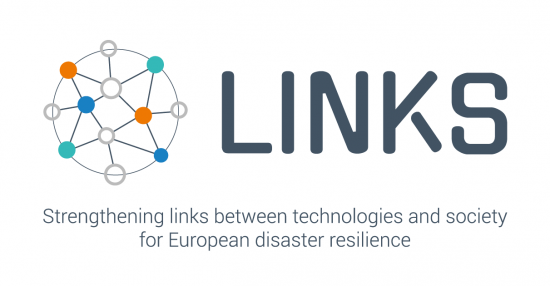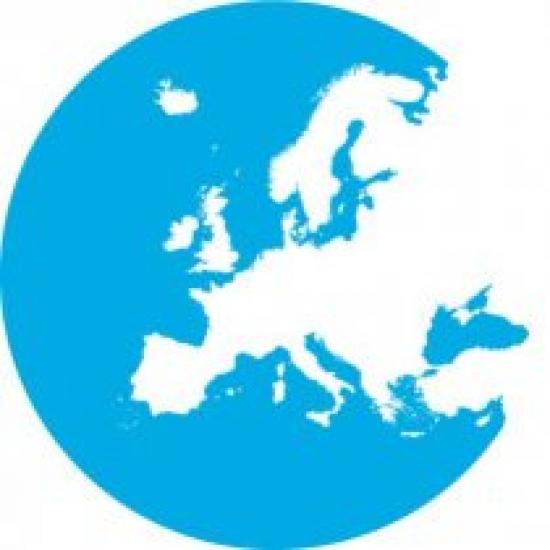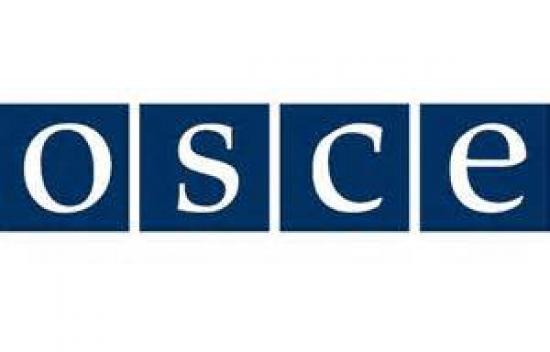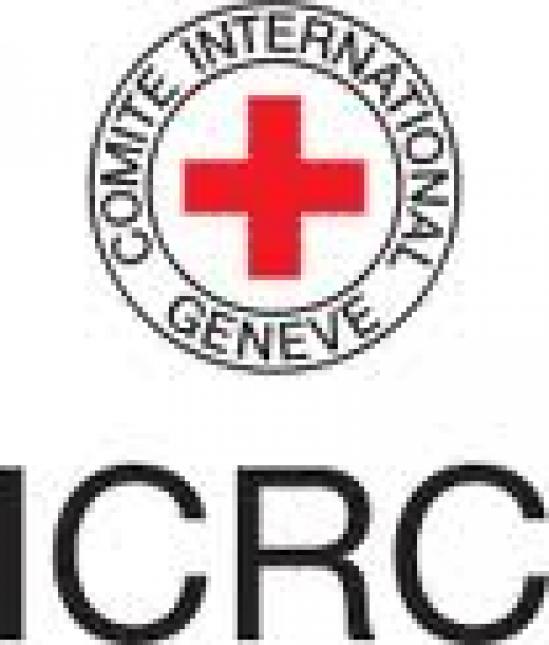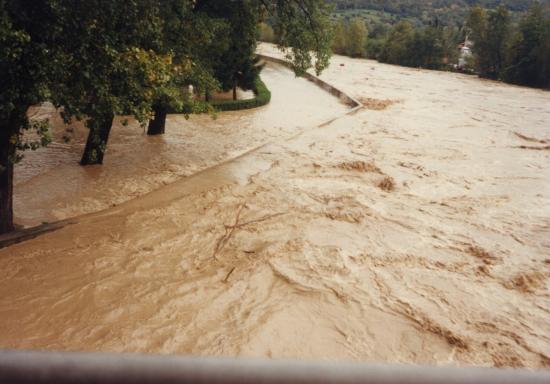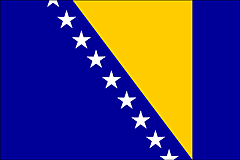‘LINKS’, a Project Funded by the European Commission, is Identifying Ways to Strengthen Disaster Resilience Through the Uses of Social Media and Crowdsourcing Technologies
The project brings together 15 participating organisations and 2 associated partners across Europe and beyond, to investigate how social media and crowdsourcing can be used in disaster management processes
LINKS ‘Strengthening links between technologies and society for European disaster resilience’ is a project financed by the European Commission under the Horizon 2020 Research and Innovation Programme (Grant Agreement No. 883490). The aim of the project is to conduct a comprehensive study on the uses and impacts of social media and crowdsourcing (SMCS) for disaster management purposes, and to better understand the ways in which the different stakeholders can collaborate in these processes. The primary objectives of LINKS are twofold. The project is developing the LINKS Framework, comprised of methods, tools and guidelines for researchers, practitioners, and policy makers, in order to optimise the uses of SMCS in disaster management. The Framework will be evaluated across 5 different cases including earthquakes in Italy, flooding in Denmark, industrial hazards in the Netherland, and drought and terrorism in Germany.

